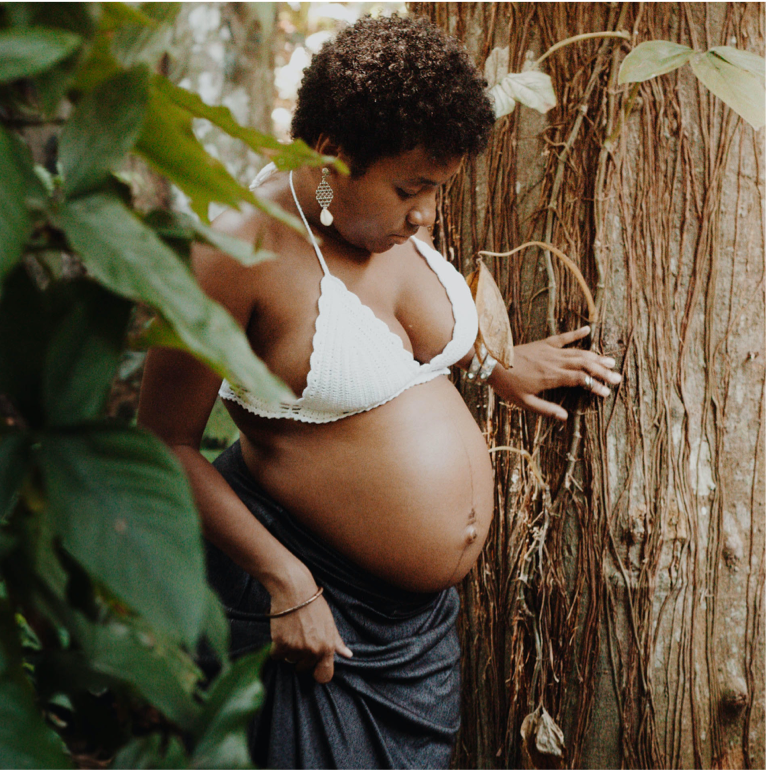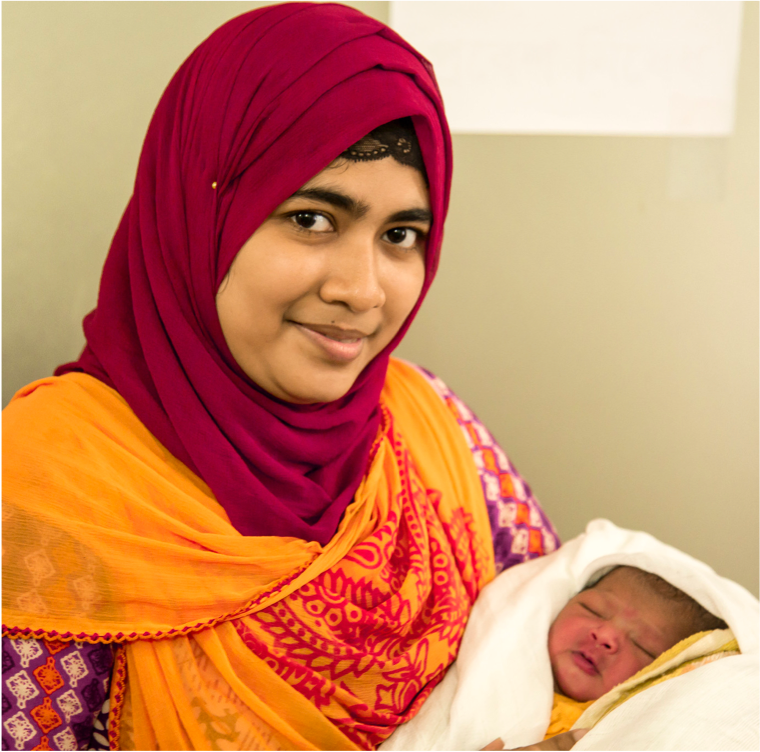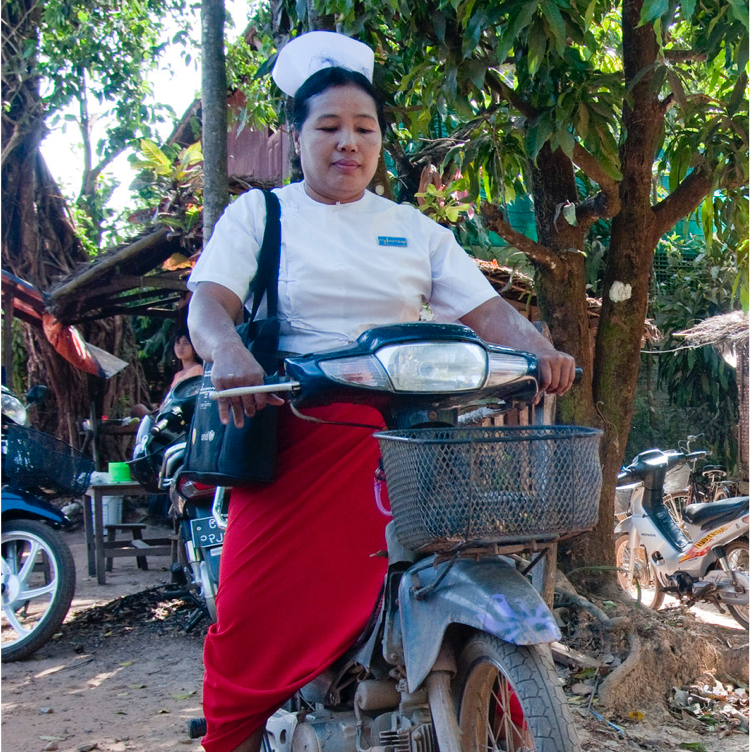Anthropology of Birth
A Six-Week Live Online Course
A Journey Through Cultural and Historical Birth Paradigms and Practices
with
Robbie Davis-Floyd, PhD
Join us as we travel through the journey of the lifework of Dr. Davis-Floyd. In this seminal work, Dr. Davis-Floyd offers a deep and expansive view of birth practices across time and culture. She defines and redefines the role of birth practitioner, examines the current paradigms for birth practices and offers an inspirational model for restoring humanity in the birth world.
Classes 1-3 are recorded and available in the course page upon registration
Classes 4-6 will be held on the following dates:
Friday, November 4, 2-4 pm Eastern
Friday, November 11, 2-4 pm Eastern
Friday, November 18, 2-4 pm Eastern
Recommended reading for this course:
Ways of Knowing: Mothers, Midwives, Medicine, and Birth Activism, by Robbie Davis-Floyd, PhD

Robbie Davis-Floyd PhD, Adjunct Professor, Dept. of Anthropology, Rice University, and Fellow of the Society for Applied Anthropology, is a well-known medical anthropologist, international speaker and researcher in transformational models in childbirth, midwifery, obstetrics, and reproduction. She is author of over 80 journal articles and 24 encyclopedia articles, and of Birth as an American Rite of Passage (2003) and Ways of Knowing about Birth (2018); co-author of From Doctor to Healer: The Transformative Journey and The Power of Ritual (2016); and lead or co-editor of 15 volumes, the latest of which are Birth in Eight Cultures (2019); Birthing Models on the Human Rights Frontier: Speaking Truth to Power (2021); Sustainable Birth in Disruptive Times (2021); and the solo-edited Birthing Techno-Sapiens: Human-Technology Co-Evolution and the Future of Reproduction (2021). In process is a 3-volume anthology on The Anthropology of Obstetrics and Obstetricians: The Practice, Maintenance, and Reproduction of a Biomedical Profession, co-edited with perinatologist Ashish Premukar, and a co-edited Special Issue of Frontiers in Sociology on “The Global Impact of COVID-19 on Maternity Care Practices.” [email protected].
Class One - Birth Across Cultures: An Evolutionary Perspective
This opening session offers an evolutionary perspective on the cultural treatment of human childbirth as a foundation. It’s focus is on bringing a postmodern mentality that incorporates scientific evidence with traditional and professional midwifery knowledge to our cultural understanding and management of birth. In this class you will:
- Learn birth practices across six human subsistence strategies
- Identify premodern similarities across vast cultural differences
- Examine the homogenizing effects of modernization
- Explore the possibilities of postmodern mentality for improving the technocratic treatment of birth
- Address the challenge of reincorporating traditional understandings of birth psychology


Class Two - The Technocratic, Humanistic, and Holistic Paradigms of Birth and Healthcare
In this class you’ll review three major global paradigms of birth and healthcare, the technocratic, the humanistic and the holistic models. You will learn:
- The definition of the body in each paradigm and how that influences perspectives on health and illness
- The power of each paradigm to influence beliefs and practices, and to evaluate your own choices in terms of your place on the spectrum as a practitioner
- An anthropological analysis of standard obstetric procedures as rituals that enact the core values of the technocracy and give both practitioners and childbearers a sense of safety
Class Three - The Paradigm Shift of Holistic Obstetricians: Why Some Doctors Choose to Change How They Do It
In this session you will see examples of radical change in practices in a study of 32 of Brazil’s holistic obstetricians. You will:
- Review the wide ranging cesarean rates among these practitioners
- See a model of “Midwife” Obstetricians
- Learn what motivated these changes
- See the forms these changes took over time
- Review current practices
- Explore ways of working to transform a system


Class Four - Daughter of Time: The Postmodern Midwife
In this session you will review eight global trends in Midwifery. You will explore the definition of a post modern midwife as:
- Informed and relativistic
- Aware of the limitations and strengths of the biomedical system in which they practice
- A bridge-builder – making alliances with biomedicine and building connections between traditional and professional midwives
- A networker who attends conferences and meetings to make global connectsion and expand their model of care
- A promoter of a global, shared culture of Midwifery
- An agent to preserve, carry forward and teach others
- Consciousness of Midwifery as an international, social movement aimed at humanizing maternity care
- A teacher across traditional and professional midwives toward this goal
Class Five - Intuition as Authoritative Knowledge in Midwifery
An overview of learning authoritative knowledge and intuition in the birth process. In this class you will learn:
- A definition of authoritative knowledge as theoretical framework for anthropological analysis of childbirth in various cultures.
- About using intuition as authoritative knowledge
- How midwives and mothers use intuition
- The relevance for birth practitioners, childbirth educators and pre and perinatal psychologists.


Class Six - Birth Models that Work: Standing the Test of Time
This class is a review of the 2009 collection of birth models that work, curated by:
Robbie Davis-Floyd, Phd – United States
Lesley Barclay – Australia
Betty Anne Daviss – Canada
Jan Tritten – United States
- Both education and practice in the models
- The criteria for identifying and characterizing models that work
- Examples representing 11 different countries
- A view of how these models have withstood the test of time
FAQ
How can I access this class?
This is an online workshop which requires access to zoom in order to participate.
Once you are registered, an email will be sent prior to each class with a zoom link for access.
Are refunds available?
Refunds are available 30 days prior to the start of the live virtual workshop, minus a $25 administrative fee. There will be no refunds available after the start date of the workshop. Recordings will be available for viewing after each session.
Will recordings be available after the live course?
Yes, recordings will be available to session registrants only within the course, for a limited time.

